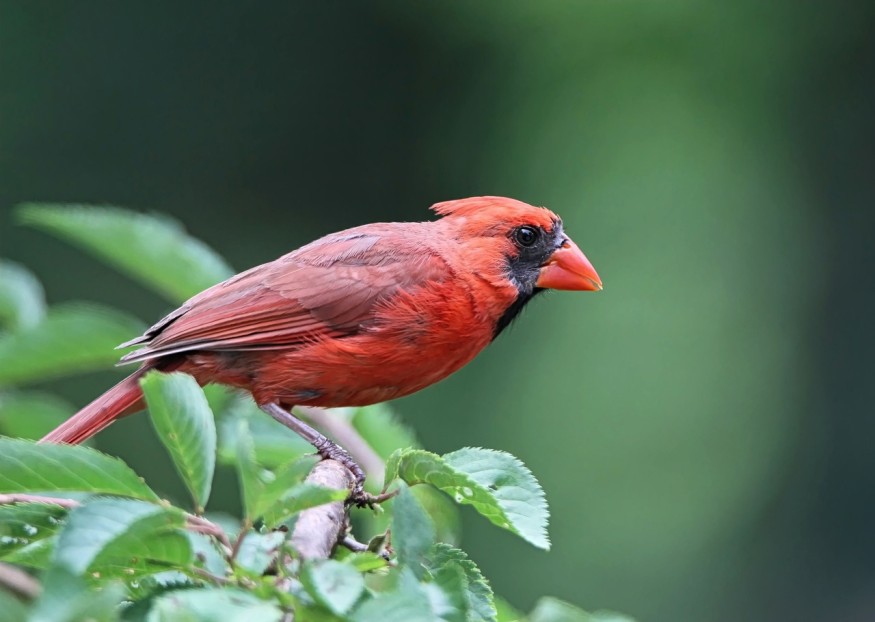Understanding animal intelligence is challenging due to the diverse traits it encompasses. Human intelligence comprises a broad range of behavioral traits, unlike animals with limited subsets. Intelligence elements appear across various species, from cuttlefish to giraffes, complicating their evolutionary origins.
A recent study, titled "Songbird Species That Display More-Complex Vocal Learning Are Better Problem-Solvers and Have Larger Brains" published in Science, demonstrates a link between the ability to learn complex songs and problem-solving in many bird species, shedding light on avian intelligence.

Testing Intelligence of Songbirds
The new study reveals a connection between vocal learning complexity and enhanced problem-solving skills, as well as larger brain sizes in songbird species. This association was previously uncharted territory in the realm of avian cognition.
The research methodology employed in this study, focused on a lineage of birds, offers a blueprint for examining similar patterns in other vocal learning species.
Complex vocal learning, defined as the capacity to mimic heard sounds, plays a pivotal role in human language development and has long been presumed to correlate with advanced cognitive abilities. While this trait is observed in a handful of non-human species, including songbirds, the quantitative link between vocal learning complexity and cognitive traits had not been rigorously assessed across different species until now.
To explore potential connections between vocal learning complexity and other cognitive and physiological traits, Jean-Nicolas Audet and his team conducted a comprehensive set of behavioral experiments involving 214 individual birds from 23 species. This included two domesticated species, 19 wild-caught songbird species, and two non-vocal learning species.
The scientists collected information about how these birds make sounds and studied four things about their thinking abilities: solving problems, learning by connecting things, changing their thinking, and controlling themselves.
Using this information, the scientists assigned scores to each species based on how well at least twelve individuals performed. They then compared these scores to data they had collected earlier about the birds' singing abilities.
Complex Vocal Learning Linked to Birds' Intelligence
The study's findings brought complexity to the understanding of bird intelligence. Birds classified as open-ended learners, capable of learning new song motifs throughout their lives, displayed better problem-solving abilities. This group included species like cardinals, robins, and goldfinches, with those having a larger repertoire of songs performing even better.
Surprisingly, species that mimic the calls of others, like catbirds and grackles, also scored above the average. In contrast, close-ended learners, which learn songs during a critical young age, performed less well in problem-solving tests.
However, there wasn't a specific pattern in other intelligence tests involving self-control and associative learning. To verify these results, the researchers conducted various analyses, including eliminating sub-groups like domesticated or non-learning birds, all of which supported the initial findings.
Additionally, they found that open-ended learning species tended to have larger brains relative to their body size, although this trend didn't hold for species that mimic songs.
Complicating matters, individual birds within most species displayed variations in their test responses, influenced by factors such as the presence of researchers or unfamiliar objects. This study highlights that intelligence encompasses various behavioral abilities, making it unlikely that the same evolutionary factors apply to all aspects of intelligence.
The study suggests that problem-solving might be an accidental benefit of evolutionary selection for expanded song capabilities, which are crucial for mating and reproduction. However, it doesn't offer a complete explanation for the presence of a wide range of behaviors categorize as intelligence in humans and other species.
RELATED ARTICLE: Are Birds Self-Aware and Conscious?
Check out more news and information on Birds in Science Times.











